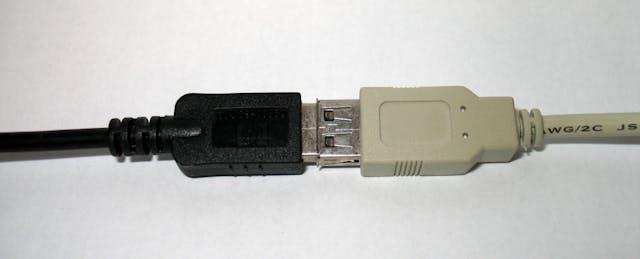Here’s a deadline that edtech entrepreneurs who want to work with Chicago schools should post on the wall in front of them: 11:00 am Central Time, Thursday April 23.
That’s when companies must respond to Chicago Public Schools' first Request for Qualifications (RFQ)--a way to pre-qualify products for consideration by Chicago principals, teachers and other education leaders. The city issued the RFQ on Friday April 10.
The qualification largely focuses on the technical capabilities, security standards and contractual terms for edtech companies working with the Chicago district. By asking companies to pre-qualify, the district hopes “to make CPS standards clear to all potential Ed Tech vendors in the hope that future Ed Tech product utilization within CPS is aligned with basic, critical standards,” according to the documentation around the process.
The district also intends to evaluate the efficacy and impact of products--but first it wants to get the nitty-gritty contract details sorted out.
Only companies that successfully pass Chicago’s RFQ process will be eligible to be respond to future “Proposals for New Initiatives,” according to the release from Chicago. (The direct link to the application is here.)
The application includes a detailed recital of the legal requirements--and privacy guarantees--that companies must provide to work with Chicago Public Schools. It asks companies to submit a full report on the company, including financial statements, insurance requirements and the qualifications of key personnel.
On the other hand, a company that qualifies to serve Chicago public schools keeps that status for three years (with options to renew).
The CPS also plans to create an online catalogue that describes all products that meet its Request for Qualifications. The catalogue will include details such as the grade level, content area, target student/teacher ratio and whether the product is Common Core-aligned. Each product will also be tagged by the skills it addresses, including “Fiscal Responsibility,” “Social Emotional,” and “Executive Functioning.”
CPS has also detailed how it plans to handle confidential information, including student data, that arises from edtech use. In a Sample Master Agreement between the school board and an edtech company, CPS addresses how companies can and cannot use, transmit and store confidential information. Companies cannot, for example, copy or reproduce any confidential information without prior written consent, except for internal use.
The district hopes that the system will speed up how schools get the edtech materials they need. For example, according to an overview of the program, a school that wants to purchase, say, 100 licenses for an online literacy product (a deal that might amount to less than $5,000) will be simply issue a purchase order for what Chicago is calling a "Stage One vendor," namely a company that has gone through the qualification process. Additional vetting may put a product into the “Stage Two” category, which makes them eligible to be adopted more broadly through the district. Eventually some companies may graduate to be “Strategic Source Vendors” and will be considered top partners that have collaborative quarterly meetings with senior Chicago education leaders and other benefits.
The process will not at this point include "digital textbooks," note Chicago leaders.
As the third largest public school district in the United States (excluding Puerto Rico), CPS has the clout to set standards that edtech companies will follow, and that other school districts can emulate. This RFQ may help pave the way for greater standardization within the edtech industry.
The first set of company responses to the RFQ are due by April 23, 2015; Chicago pledges to review the responses in less than six months. Can’t make this deadline? More will be issued by CPS “on a periodic basis.”


